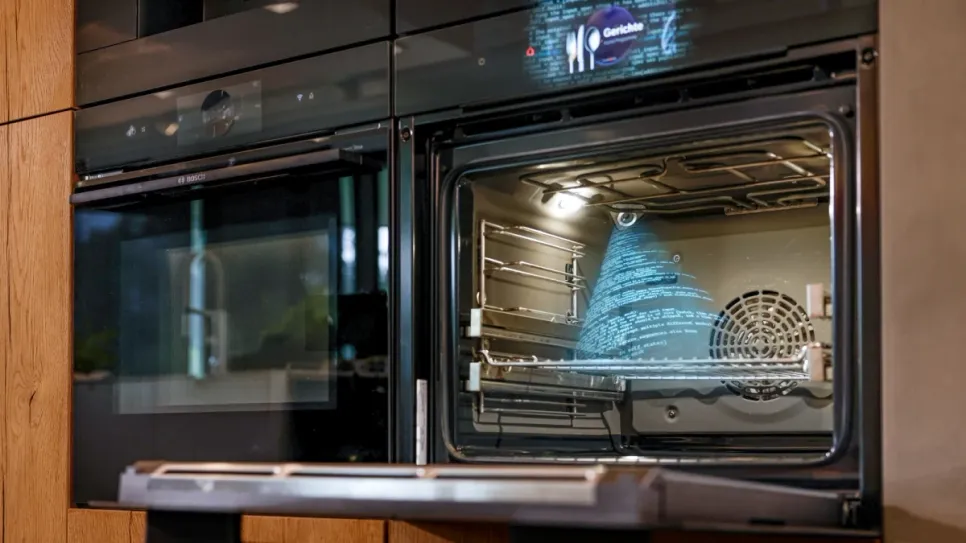Google Expands Anti-Theft Measures in Android System
Google deployed an expanded set of Android anti-theft features. They should make it harder for criminals to target devices.

At IFA in Berlin, Bosch is showcasing products that have been developed or manufactured with AI, or that use AI to make people’s lives safer, more convenient, and more sustainable. In pursuit of this goal, Bosch is investing more than €2.5 billion by the end of 2027.
AI helps with cooking and baking, but it’s also used behind the scenes in Bosch’s consumer-facing areas. There, AI evaluates millions of customer feedback messages, helps customer service teams translate them and find answers, and ultimately makes products themselves even better.
“For us, AI isn’t a trend, it’s a strategic success factor. Data-based decisions allow us to tap sales potential and increase customer satisfaction at the same time,” said Christian Fischer, deputy chairman of the Bosch board of management.
The importance of customer feedback can be expressed in two figures: 93% of consumers read online reviews before making a purchase, and 94% won’t buy a poorly rated product. AI adds a great amount of value, particularly in the areas of customer service, sales, and marketing. At the Bosch booth in hall 1.1 at this year’s IFA, BSH customer service is in the spotlight with its own area.
Dealing with ones and zeros is something that needs to be learned, and it takes time for people to get used to it. According to independent market observers, some two-thirds are skeptical about AI in customer service and prefer to interact with a human. That’s why Bosch prefers to use a hybrid model, in which humans and AI work hand in hand.
Its consumer-facing areas receive over 30 million inquiries every year. They range from product questions and job offers to general information, and Bosch associates provide answers in up to 40 languages. In customer service, AI is primarily used for recurring processes that are tedious and time-consuming for people, such as translating, sorting, classifying, and forwarding service tickets.
AI technologies such as chatbots, virtual assistants, and automated analyses are now ushering in a new era of customer communication with astonishing success. Customer-centric product development has been firmly anchored in the corporate strategy of Bosch’s Home Appliances and Power Tools divisions for many years. Successful pilots were already underway in 2018, using AI methods to systematically record publicly available product reviews and consumer feedback and derive potential improvements for product development, marketing, sales, and customer service.